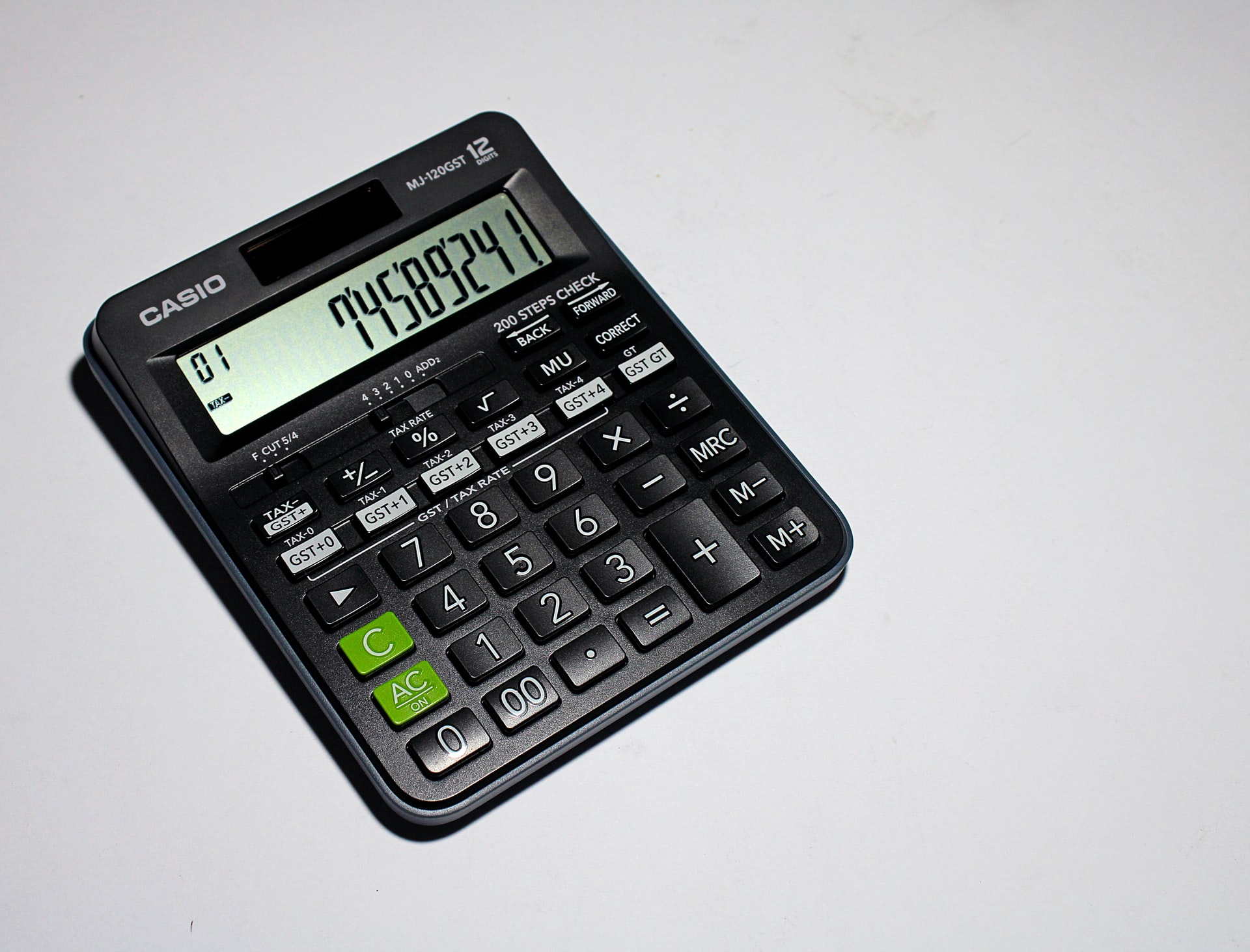Contributing your employer-sponsored 401(k) is undoubtedly the easiest way to save up for retirement.
The earlier you start contributing, and the more you contribute, the more you can take advantage of the power of compounding interest and build a sufficiently large nest egg for your retirement.
The question is for many, however, is how much money exactly should you put into your 401(k) account?
Here are five numbers you should consider to determine the amount of money you should contribute to your 401(k) account.
Your retirement savings goal
How much money do you want to save up for your retirement? The more you want to save, the more you need to contribute to your 401(k).
Experts recommend that you should contribute anywhere from 10% to 15% of your annual income to your 401(k).
Ideally, you should aim to reach the maximum contribution limit every year. If it’s not possible, you should try to contribute as much as you can now, increase your savings rate gradually, and eventually reach the maximum contribution limit.
Your employer’s contribution
If your employer offers to match your 401(k) contributions (either dollar-to-dollar or 50 cents for each dollar), you should take advantage of it, as it is basically free money.
At the minimum, you should contribute the percentage of your salary that your employer is willing to match.
You can use this calculator to determine how much you can save for our retirement by matching your employer’s 401(k) contribution.
Your other retirement accounts and investments
This is a key factor to be considered while determining the amount of money you should put into your 401(k) account.
If your 401(k) funds are going to be your main source of income after your retirement, you need to contribute at least 15% of your salary every year, as it is the only way you can save up the amount of money you need for your post-retirement life.
On the other hand, if you have a Roth IRA account and have other investments like equities, bonds, annuities, and real estate, it might not be necessary for you to max out your 401(k) contributions every year, as you might be able to get better returns from your other investments.
Your age
If you are in your early twenties, contributing as little as 5% of your salary to your 401(k) can help you build a substantial nest egg for your retirement.
On the other hand, if you are in your forties, you might have to contribute at least three times as much in order to achieve the same result.
The 4% rule, backwards
Experts say that you should only withdraw 4% of your total retirement savings to avoid the possibility of outliving your retirement corpus or total amount accumulated.
Based on this rule, you can calculate how much money you might need every year (after accounting for inflation), multiply the amount by 25, and adjust your 401(k) contributions to reach that goal.
So, if you need $100,000 a year, that’s $2.5 million. A person who saves for 30 years and earns a 7% return would need to set aside about $2,250 a month, according to this calculator.


